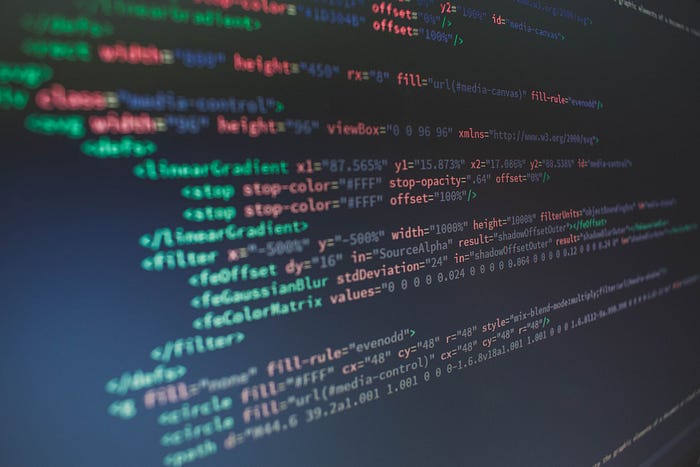The Impact of Artificial Intelligence on Higher Education

Artificial Intelligence (AI) has already made an impression on higher education. And like businesses in many industries, educators and administrators are cautiously evaluating the pros and cons of AI applications.
There are at least two main areas in the Higher Ed. space where AI can substantially improve business processes and academics. Before we look at some of the ground-breaking technology in the classroom, let’s consider how AI can streamline the business of running a college or university.
AI and Higher Education Workflows
AI can bring about significant changes to how administrative processes are handled at higher Ed institutions. The objective of AI improvements is a better experience for applicants and students and cost savings that we hope will be reallocated to the classrooms or passed on to students and their families.
Some schools already use AI-based programs to review college admission applications. At a high level, applications are being scanned for certain qualifications. AI admissions apps can easily handle such a task. Once a student is accepted, similar programs can process student information and financial data to provide scholarship and loan opportunities that easily and efficiently deliver a complete individual tuition package to each student.
Student support is being handled by helpdesk bots at some universities and colleges. The bots can handle questions on technology support, campus information, and other questions that do not need the assistance of a “live” person.

Dynamic Learning Scenarios
Beyond administrative tasks, some schools are bringing AI to the classroom. Here are a few examples of AI's creative ways impacting the learning experience.
Rensselaer Polytechnic Institute partnered with IBM to create a cognitive immersive room where students can practice Mandarin in an environment that makes them feel like they are in China. The room uses natural language processing, speech to text, and movement tracking to create these experiences.
AI teaching assistants have been used at Georgia Tech for a few years now in an undergraduate computing course. The AI TA, better known as Jill Watson, answered student questions. In many cases, the students couldn’t tell that Jill wasn’t a person. Watch the video to learn more about the students’ experience with Jill.
Harvard Business School uses DataRobot, a third-party platform that creates complex predictive models for business data analytics. Some data science courses focus on critical thinking from data-rich information, leaving the bot's intricacies of creating a difficult data model.
Carnegie Mellon uses an AI conversational agent called Evorus to improve computer science student groups as they collaborate on software development. The agent detects positive and negative behaviors within the group and intervenes to steer members to overcome hurdles.
A Cornell University professor developed a program for math teachers using AI to determine how students arrived at incorrect answers. The program can backtrack the student's path in complex mathematical calculations. This allows the professor to explain where the student made the error.
The links are provided for more information on each school’s initiative. Many of these examples work with personalized learning AI algorithms that deliver specific content to meet student's curriculum needs, aptitudes, and interests. Imagine providing individualized learning at a cost lower than what students are paying today. Let’s hope this is a reality in the not-too-distant future.